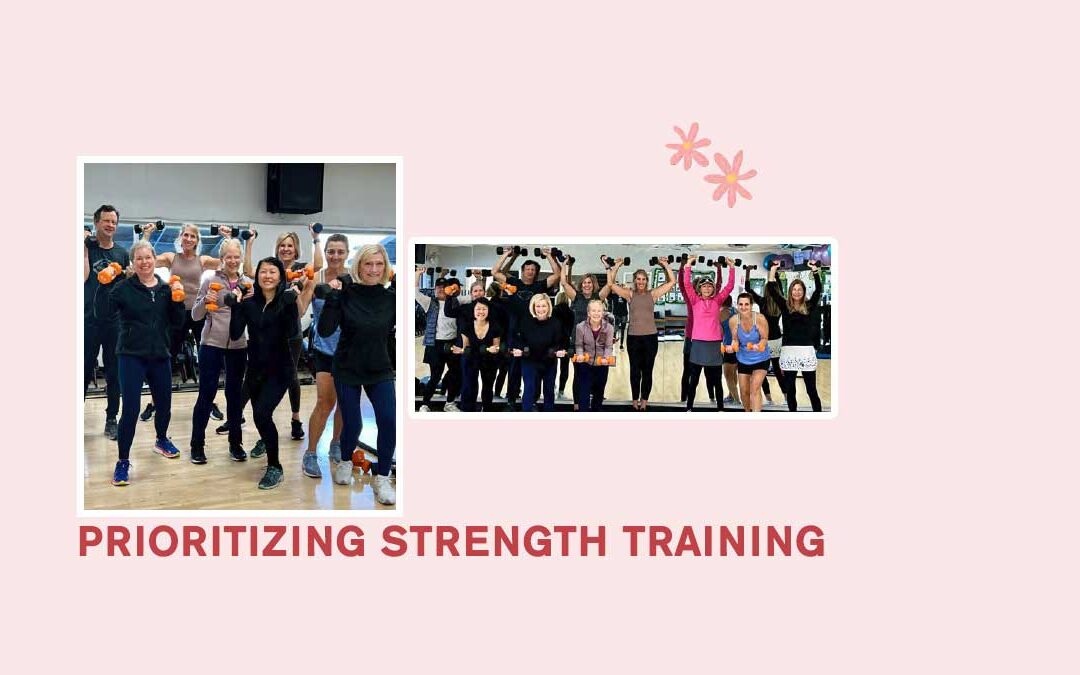Strength training can be likened to life insurance. Research has shown that older adults with higher muscle mass have a 19% lower risk of premature death. Muscle mass, rather than BMI, serves as the most reliable predictor of longevity, underscoring that muscle is the true currency of aging. The stronger you are, the better you age.
This insight serves as a powerful reminder for individuals of all ages to prioritize strength training as an integral component of their fitness routines. Building muscle is not only a physical achievement but an investment in long-term health and well-being.
The encouraging news is that strength training can be effectively pursued at any stage of life, with research indicating that older adults often experience more significant gains in muscle strength than their younger counterparts. “It’s never too late to start,” says Pamela Webert, MS, ACSM-CEP, an exercise physiologist at Henry Ford Health.
The benefits of strength training extend beyond muscle growth, including:
- Improved Balance and Mobility: Strengthening core and leg muscles enhances stability and reduces the risk of falls.
- Improved Bone Density: Weight-bearing exercises stimulate bone growth, lowering the risk of osteoporosis and fractures.
- Increased Energy Levels: Stronger muscles and a more efficient metabolism can boost energy levels throughout the day.
Ultimately, strength training is an essential element of a healthy lifestyle, promoting both physical and mental well-being.
